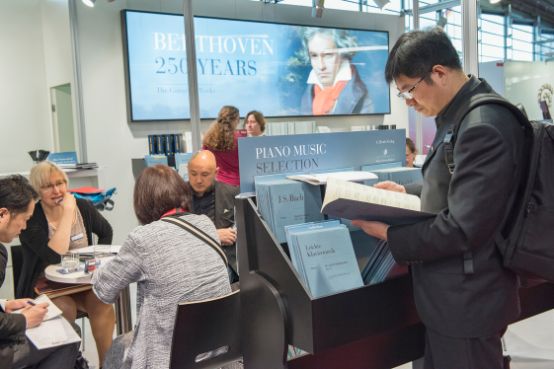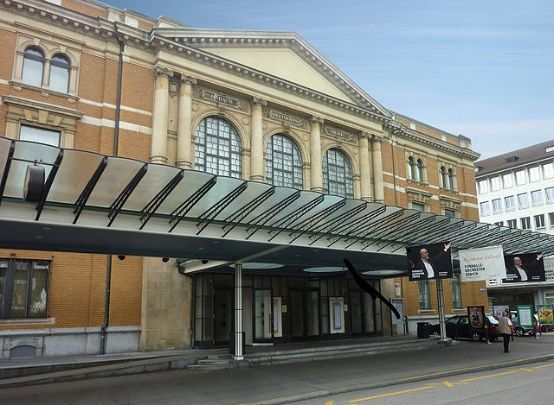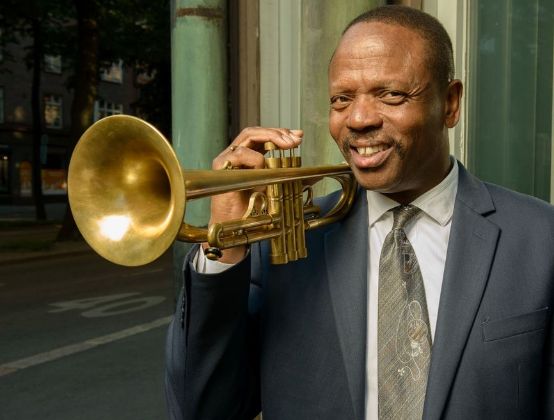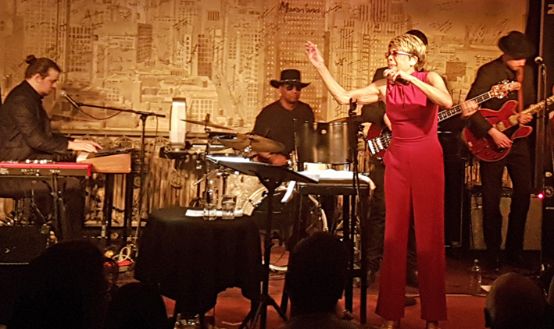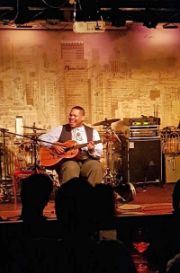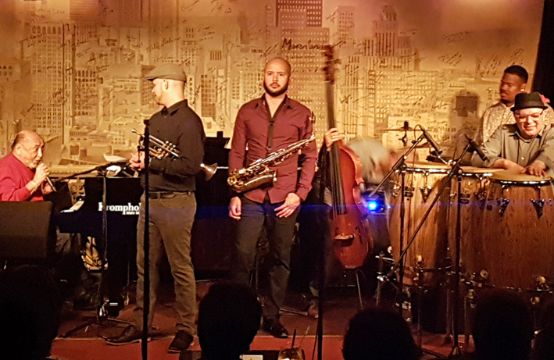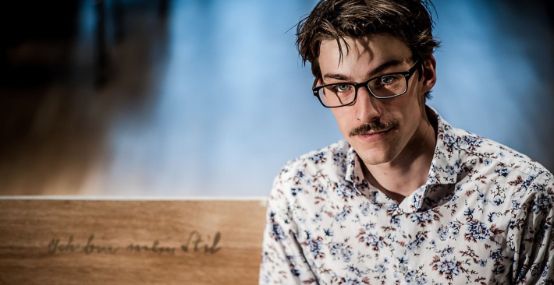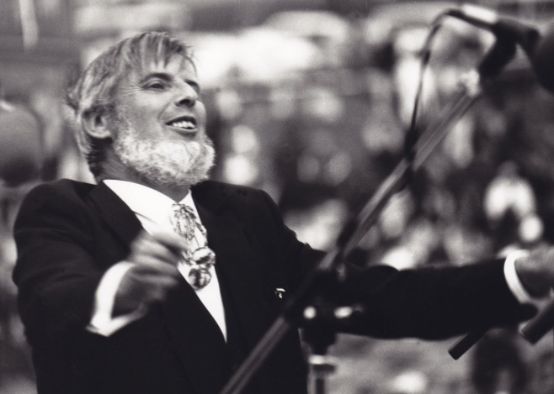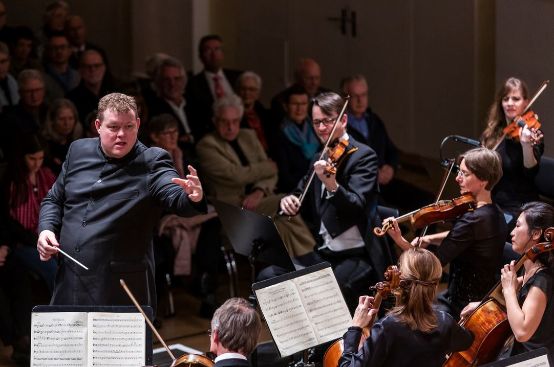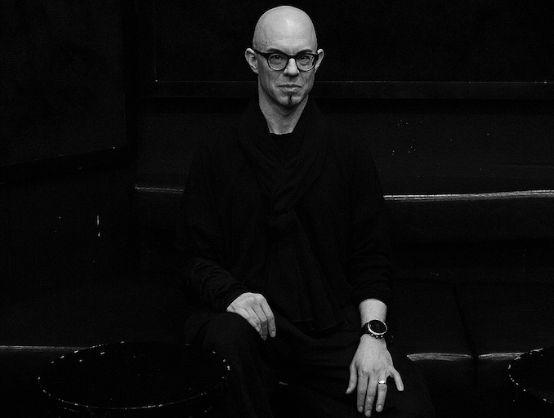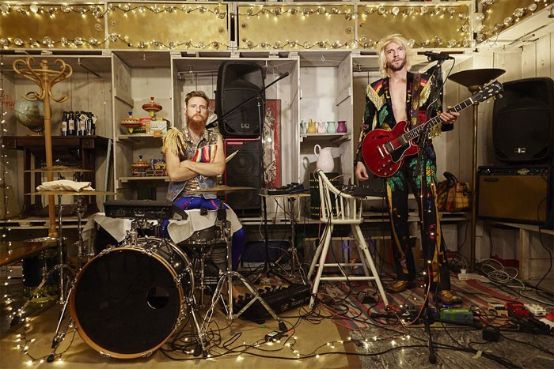Anita Jehli receives Chur Recognition Award
This year, the city of Chur is awarding a recognition prize worth 4,000 Swiss francs to the stage designer Duri Bischoff, the cellist Anita Jehli, the photographer Daniel Rohner, the author Ursina Trautmann and the dancer Ivo Bärtsch.
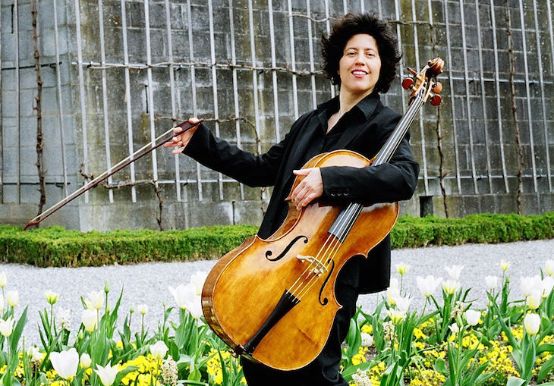
The cellist and conductor Anita Jehli is being honored in particular for her great commitment to the Orchestrina Chur. She studied cello at the Zurich University of Music with Markus Stocker and Claude Starck and is the winner of the Kiwanis Music Prize, the Chamber Music Prize of the Migros Cooperative Association and the Koeckert Prize for Cello at the Zurich University of Music.
Today Anita Jehli is the solo cellist of Camerata Schweiz. She is also increasingly active as a conductor. She has been musical director of the Zurich Old Town Church Orchestra since 2005 and of Orchestrina Chur since 2013.
The Chur Recognition Prizes are awarded in recognition of at least ten years of cultural work that is of importance to the city and its immediate region. The municipal council of the city of Chur has also approved a partial revision of Art. 10 of the Ordinance to the Cultural Promotion Act. The revision allows a total of six prizes to be awarded in 2019, i.e. one more prize than previously.






